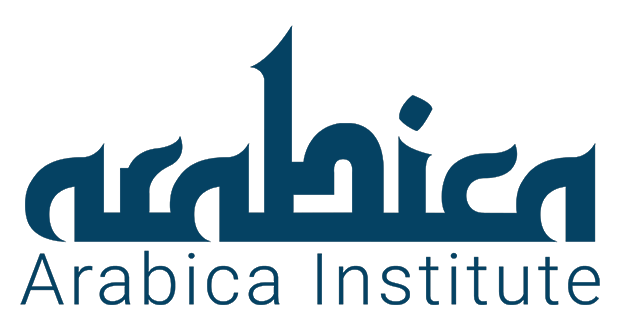Here’s a list of frequently asked questions about the Arabica Institute.
At the Arabica Institute we teach Arabic for both Qur’an and speaking. We teach Classical/Fusha or Qur’anic Arabic – also called Modern Standard Arabic (MSA). This is the Arabic found in the Qur’an, most media and books, and is understood throughout the Arab world.
Our Arabic programs will have you speaking Arabic from your very first lesson. We help you develop a living breathing connection with The Arabic Language and The Qur’an by using workshop style lessons where students learn to speak, read, write and comprehend Arabic from lesson one.
If you’re on our part-time program, you can expect to reach fluency within 2 – 3 years, this depends entirely on how much time and effort you put into your studies outside of the classroom. Learning any language takes consistent repetition and application.
The teachers who will teach you have been through the same journey that you will travel so they know exactly how to take you to where they are.
In addition to being a fraction of the cost compared to Arabic programs at universities like SOAS, we have developed a unique syllabus enabling you to speak Arabic, understand The Qur’an and learn Arabic grammar with one effective method; The Matrix Method.
As opposed to large text books, grammar lists and other annoying things, we deliver Arabic workshop style lessons where students are speaking Arabic, learning grammar through conversation and actually have fun whilst interactively developing their skills.
Part-time students will need to commit a minimum of 20-30 minutes of focused study every day outside of lessons.
Full time students must be able to commit 2-3 hours of study every day outside of class. This can be spread out in smaller chunks throughout the day.
You will be able to catch up with the learning content by watching the out-of-lesson videos. However attending classes is invaluable as you’re able to interact with your teacher and classmates, ask questions, and be immersed in Arabic throughout.
At the end of each level there will be a short test to assess your progress. With regular class attendance and practice outside of class you will easily pass and move onto the next level.
If you’re able to read Arabic words and sentences using Tashkeel (diacritic marks), but don’t understand what you’re reading; you’re perfect for our Beginner Arabic Course.
If you’ve studied some Arabic previously, call or email us and we will arrange a call with one of our teachers to assess what level you’d be suitable to join us on.
For those who can’t read Arabic words, we have a short foundation program which will teach you how to read and write Arabic script.
Our fees vary depending on which level you’re studying and whether you are a part-time or full-time student. You can find our fees on the page of each respective course. View our Beginner course pricing.
Our program includes weekly (part-time) or daily (full-time) 2 hour live classes, learning materials with practice exercises, lesson video recordings, audio podcasts and memorisation app access. We also have a buddy system where you’ll be paired up with a classmate for regular practice and homework tasks.
You can spread the cost in 2 or 3 instalments. If this still doesn’t work for you, talk to us to agree a personal payment plan that suits your budget.
We do not give refunds once someone has enrolled on a program. The free trial sessions offer prospective students ample opportunity to make an informed choice as to whether the Arabica program is right for them.
If for some reason a student cannot continue with a program, they can defer their study and, subject to agreeing this with the administrative team, rejoin at a later date.
Notifications
